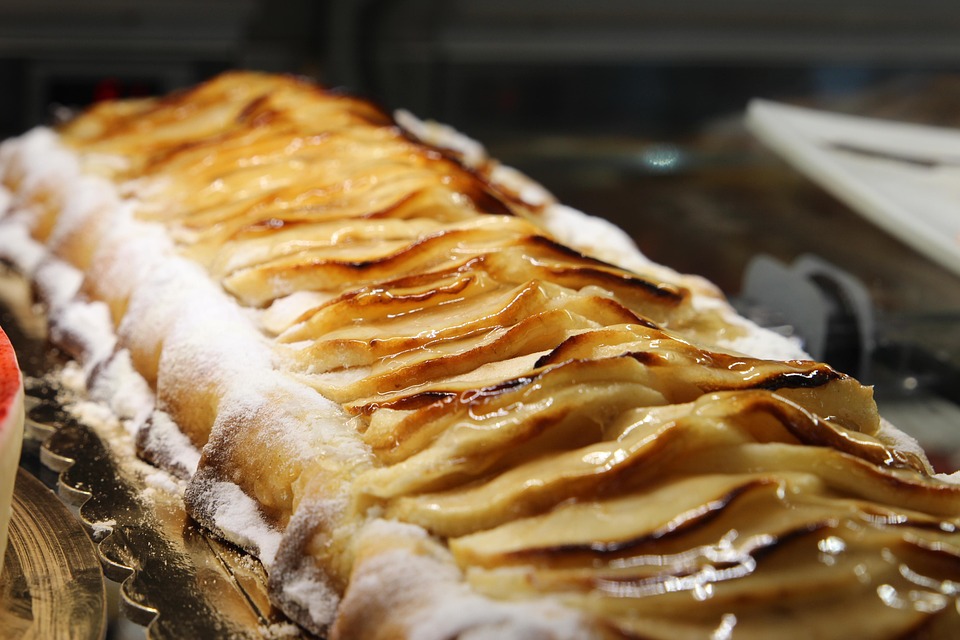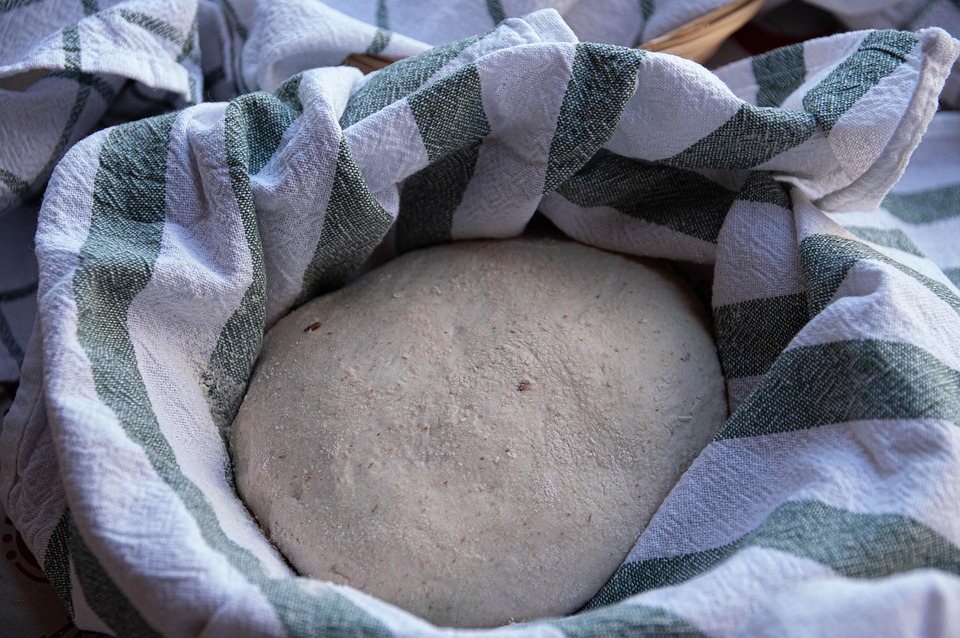The Benefits of Whole Grains: Nutritious Indian Breakfast Choices
In recent years, there has been a growing awareness about the importance of whole grains in our diets. This is especially true in India, where traditional breakfasts often feature a variety of whole grain options that not only provide nourishment but also delight the palate. Whole grains are packed with essential nutrients, making them an excellent choice for starting your day. Here, we explore the benefits of incorporating whole grains into your Indian breakfast routine, alongside some traditional recipes that showcase their versatility.
Rich in Nutrients
Whole grains are unrefined grains that retain all parts of the grain — the bran, germ, and endosperm. This means they are rich in essential vitamins and minerals, such as B vitamins, iron, magnesium, and antioxidants. These nutrients play a crucial role in promoting good health by supporting metabolic functions and enhancing the immune system. Including whole grains in your breakfast can help you kick-start your day with a nutritious boost.
High in Fiber
Fiber is a vital component of a healthy diet, and whole grains are an excellent source. High-fiber foods aid in digestion, promote a feeling of fullness, and help regulate blood sugar levels. This can be particularly beneficial for individuals looking to maintain a healthy weight or manage diabetes. Traditional Indian breakfasts, such as oatmeal upma or poha made with whole grain rice, provide a hearty dose of fiber that keeps you satiated until your next meal.
Heart Health
Incorporating whole grains into your daily diet can lead to better heart health. Studies suggest that a diet rich in whole grains can lower the risk of heart disease by reducing cholesterol levels and blood pressure. Foods such as whole wheat chapatis or bajra (pearl millet) rotis not only taste great but also contribute to cardiovascular health.
Improved Digestion
The high fiber content of whole grains aids in digestive health by promoting regular bowel movements and preventing constipation. Additionally, the presence of prebiotics in whole grains supports the growth of healthy gut bacteria. Traditional Indian dishes like khichdi, made with whole grains and lentils, can be an excellent way to support digestive health.
Variety of Breakfast Options
One of the joys of whole grains is the variety of options available. Indian cuisine offers a plethora of whole grain breakfast choices that can cater to diverse tastes.
– **Oats Idli**: A steamed savory cake made from fermented oats and rice, idli is a healthy option that’s light on the stomach but rich in flavor.
– **Dalia**: Also known as broken wheat, it can be cooked as a porridge (upma) or sweetened with jaggery and milk for a delightful breakfast treat.
– **Ragi (Finger Millet) Porridge**: Ragi is a nutrient-dense grain that provides calcium and iron. A warm bowl of ragi porridge makes for a wholesome start to the day.
– **Whole Wheat Parathas**: Stuffed with a variety of fillings such as spinach, potatoes, or paneer, whole wheat parathas can be paired with yogurt for a fulfilling breakfast.
Easy to Prepare
Many whole grain breakfast options are simple and quick to prepare. With busy lifestyles becoming the norm, the ease of cooking dishes like oats or whole grain dosa makes them a convenient choice. Prepping these wholesome grains the night before can save time in the morning while still allowing you to enjoy a nutritious meal.
Conclusion
Incorporating whole grains into your breakfast routine is an excellent way to enhance your overall health. With numerous benefits ranging from improved heart health to better digestion, whole grains are an essential part of a balanced diet. By exploring traditional Indian breakfast options that feature these nutritious grains, you can enjoy a delicious and fulfilling start to your day. So, next time you plan your breakfast, consider making whole grains the star of your meal!




